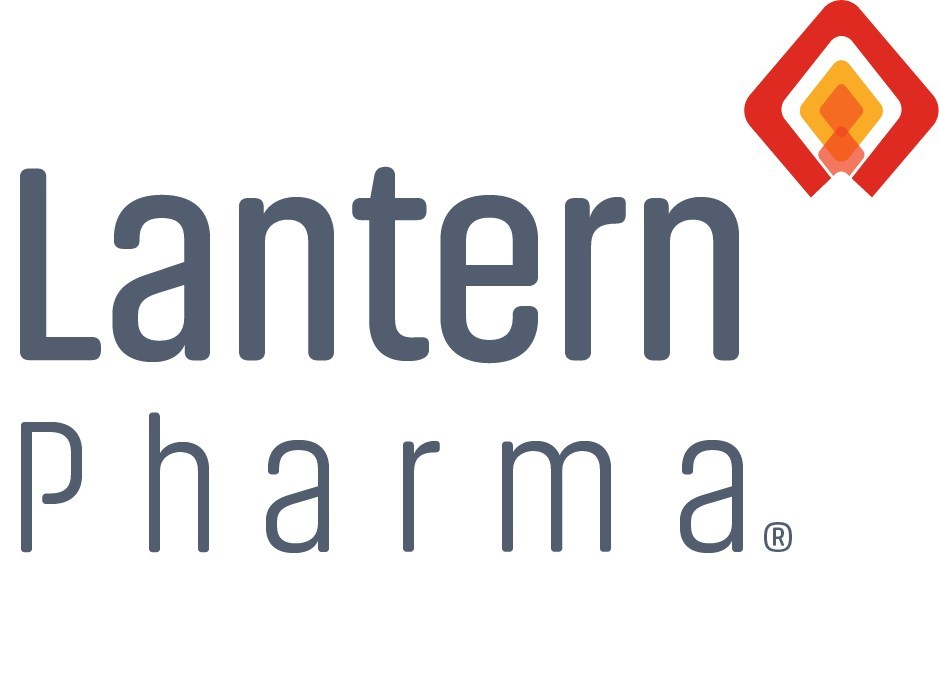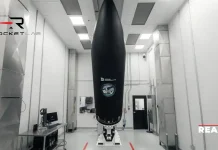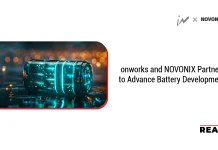Lantern Pharma (NASDAQ: LTRN), a clinical stage biopharmaceutical company using its proprietary RADR® artificial intelligence (“A.I.”) platform to transform the cost, pace, and timeline of oncology drug discovery and development, announced that its proprietary A.I. platform RADR® has exceeded 10.4 billion datapoints. RADR® is Lantern’s proprietary integrated A.I. platform for large-scale biomarker and drug-tumor interaction data analytics that leverages machine-learning. RADR® is used to provide mechanistic insights about drug-tumor interactions, predict the potential response of cancer types and subtypes to existing drugs and drug candidates, and uncover patient groups that may respond to potential therapies being developed by Lantern and its collaborators.

RADR® is also being used to: (1) help define and develop combination strategies involving drugs in development by Lantern and existing drugs that are approved for a range of oncology indications; (2) guide the prioritization of potential indications for development; and (3) identify potential new drug candidates to in-license and develop.
The increase to 10.4 billion datapoints was also accompanied by other significant improvements in the functionality, feature set and further automation of RADR®, which are intended to help scale the A.I. platform’s drug development capabilities. The significant increase in the number of drug-tumor interaction data sets and cancers sub-types covered by RADR® includes new data from collaborations in glioblastoma multiforme (GBM) and pancreatic cancer and data from transcriptome, genome and methylome data-sets in blood, bladder and other rare cancers being considered for future development or have limited therapeutic options.
Also Read: NoviSystems Launches Data Analytics Solution for More Efficient Drug Manufacturing
Panna Sharma, CEO and President of Lantern Pharma, stated, “Our team has been well ahead of schedule in the growth of our platform, and RADR® has now surpassed 10.4 billion data points covering more cancer sub-types, which further advances our goal of building the most complete and powerful A.I. platform for precision oncology drug development. Additionally, the new data will drive insights and potential drug-candidate innovations faster and into areas of cancer that have remained untouched or intractable.”
Corresponding with this growth in datapoints, the Company has also focused resources and technology development on the growth and improvements to the library of algorithms designed specifically to help solve challenging data and correlation problems for cancer drug development. By using an ensemble-based approach in applying the library of algorithms to statistical, correlative and inferential problems related to drug-tumor interaction, RADR® can rapidly analyze large amounts of complex data and predict with high accuracy how both tumors and patients will respond to drugs and drug candidates. RADR’s ability to rapidly sift through large amounts of curated and complex datasets is key in predicting the probability of a tumor or a patient group in responding to a cancer treatment. Additionally, the RADR® platform evolves as new datasets are added, which improves and sharpens the insights generated from the algorithms. Lantern plans on continuing further RADR® expansion by incorporating and curating additional datasets from proprietary studies and public data sources and further automating the evolution of its library of algorithms. Additionally, the Company will be augmenting the 10.4 billion datapoints with additional data from immuno-oncology related studies and clinical trials, including antigen, immune-response and protein data that it believes will enable a potentially more robust and more powerful multiomic analysis. “In the next phase of growth for RADR® our belief is that we can deepen our capabilities in novel ADC development and also predict combination therapy approaches using our drug candidates and existing approved immuno-oncology therapies,” stated Mr. Sharma.
“Previously, the task of identifying new cancer therapies has been costly, risky, and inefficient. Specifically, studying how existing compounds and therapeutic combinations can affect different cancer subtypes often took years, whereas our platform can reduce many key aspects of this process to months. As a result, we believe our platform changes the industry paradigm in a meaningful way. We have witnessed first-hand the growing industry interest in solutions that innovate the development of precision therapeutics and combination therapies, which we believe will pave the road to new partnerships. Accordingly, we believe our growing A.I. platform will be pivotal in uncovering potential new therapeutic opportunities and developing insights into the creation of combination-therapy programs, both internally and through third-party party collaborations to drive long-term shareholder value.”
RADR’s highly scalable machine-learning methods are designed to guide drug development and yield new biological insights, while also having the potential to increase response rates and improve outcomes in clinical trials. The robustness and growing number of datasets powering RADR® is anticipated to continue to improve machine-learning results, accelerate automation of other features and aid oncology drug development for Lantern and its partners with an ultimate focus on benefitting cancer patients.




